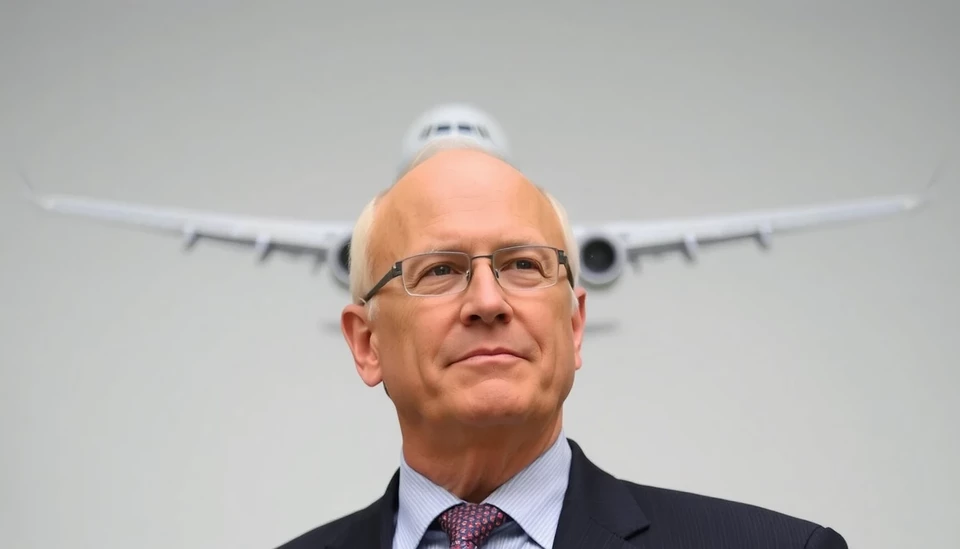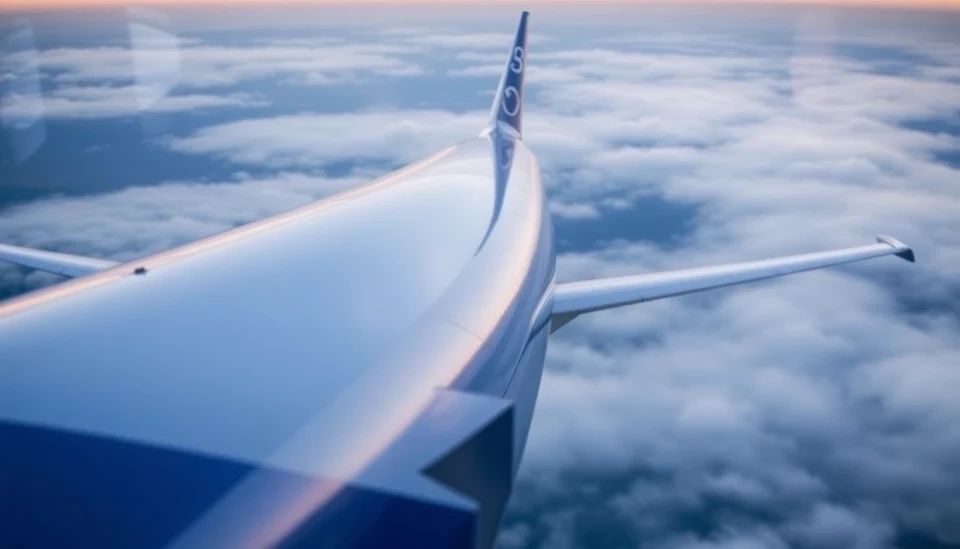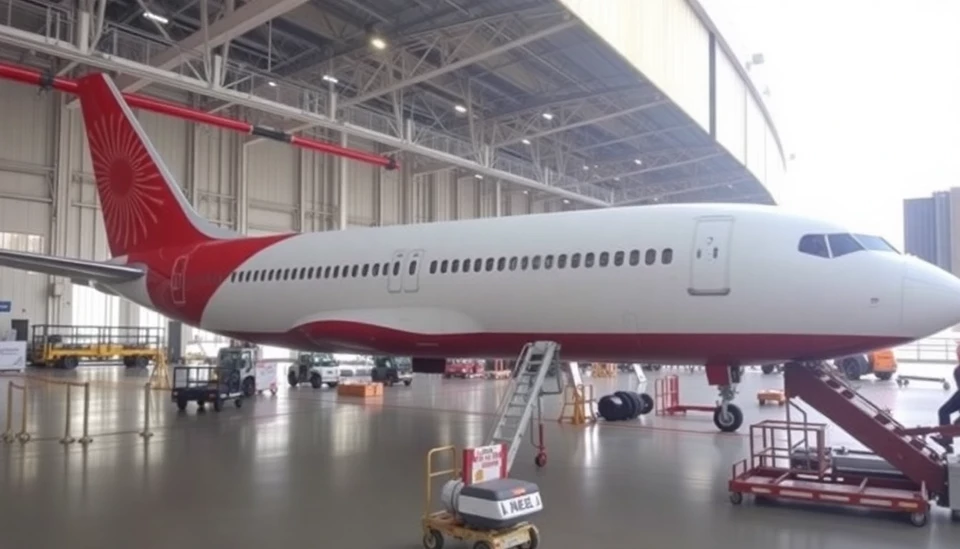
Boeing's recent legal troubles have escalated as a federal judge rejected the company's plea deal concerning charges related to the 737 Max aircraft. This decision adds another daunting challenge to the list of tasks facing the new CEO, Dave Calhoun, who took the helm amid a tumultuous phase for the aviation giant.
The plea deal was intended to resolve allegations that Boeing knowingly deceived regulators about the safety of the 737 Max, a model involved in two fatal crashes that claimed hundreds of lives. The rejection means that Boeing must confront the significant repercussions of these charges and their potential impact on the company's reputation and financial stability.
During a recent ruling, U.S. District Judge Reed O'Connor stated that the plea agreement was not in the best interest of justice. His decision reflects profound concerns about the implications of the deal, indicating a hardening stance against corporate accountability in the aviation sector. This ruling could signal a more stringent regulatory environment for Boeing moving forward.
Calhoun, who has been steering Boeing since January 2020, now faces mounting pressure not only to improve the company’s safety protocols but also to restore investor confidence amid ongoing scrutiny. The CEO has pledged to foster transparency within the organization, which is likely to be tested as the fallout from the rejected plea deal unfolds.
Experts believe that without the plea agreement, Boeing might face higher stakes in court, leading to possible financial penalties and more extensive investigations. The company has already endured significant losses in reputation and capital as a result of the 737 Max crises, and any further negative developments could have dire consequences.
In addition to the legal hurdles, Calhoun must also navigate a challenging market landscape marked by supply chain disruptions and ongoing recovery from the pandemic's effects on air travel. Analysts anticipate that the company will need to implement robust strategies to quell investor anxiety and convince stakeholders of its commitment to safety and compliance.
The rejection of the plea deal also raises questions about the broader implications for the aviation industry. As regulators become more aggressive in holding manufacturers accountable, other companies may find themselves facing similar scrutiny. This evolving environment could lead to a shift in how aviation safety is approached, compelling organizations to prioritize ethical practices over profit margins.
With these critical challenges on the horizon, it remains to be seen how Boeing under Calhoun’s leadership will maneuver through this rough patch. Engaging with regulators, assuring stakeholders, and reinforcing a culture of safety will be paramount in the days to come as the company seeks to reclaim its standing in the aviation world.
As this story develops, industry insiders and observers will be keenly watching Boeing's next steps and the CEO's strategies for overcoming the latest legal challenges. The road to redemption is fraught with obstacles, but effective leadership during this critical period could steer Boeing back towards stability
#Boeing #LegalChallenges #737Max #Aviation #CEO #DaveCalhoun #CorporateAccountability #Safety #Regulations #AviationIndustry
Author: John Harris




